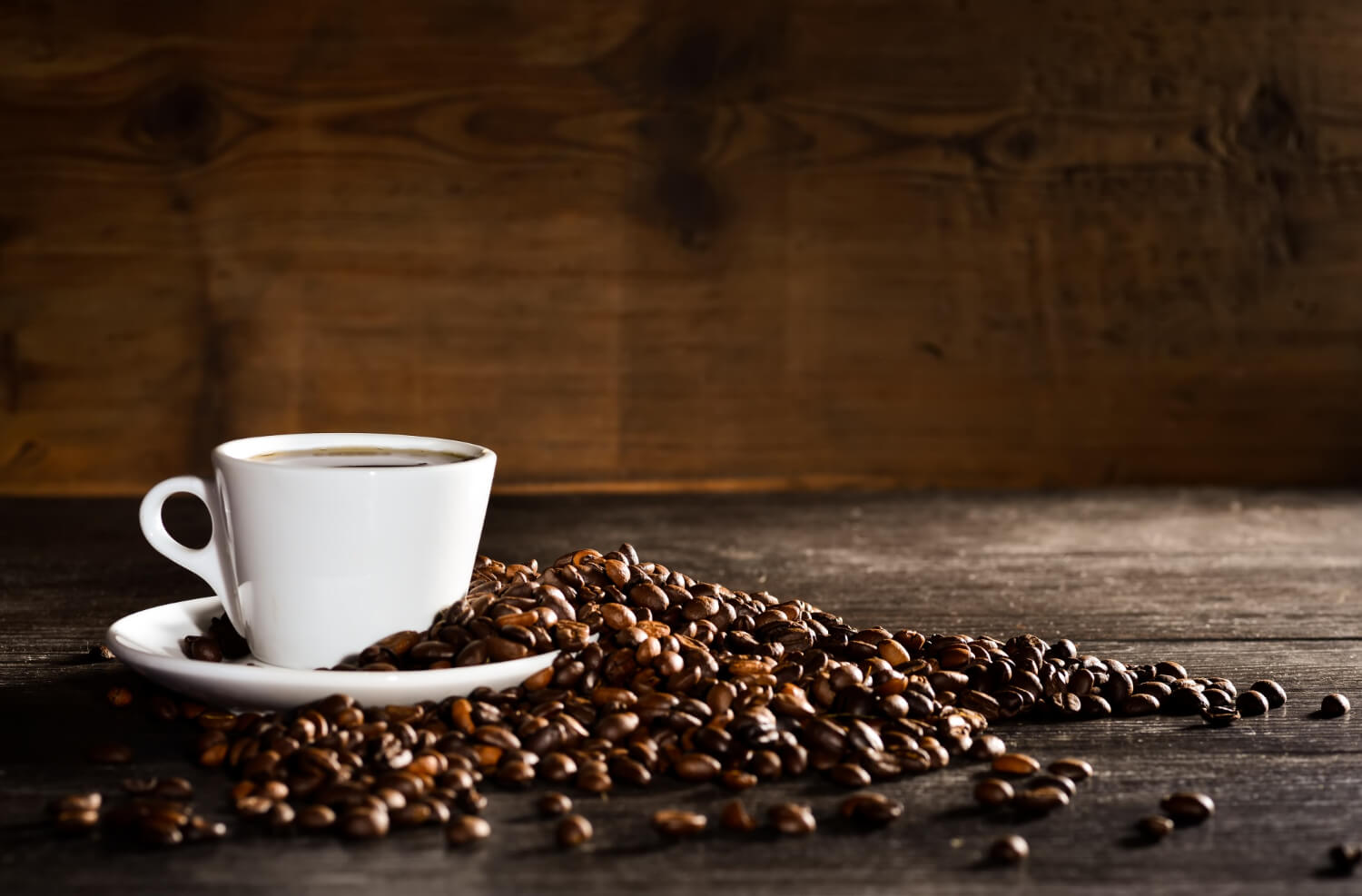
How Caffeine Impacts Your Blood Sugars
While coffee and caffeine have been shown to possibly prevent the condition in people who don’t already have it, that morning cup of Joe could have some serious effects on your diabetes.
The Science
According to WebMD, caffeine can impair insulin reaction. This means it may take more time for your dose of insulin to fully kick in. Caffeine can also increase your body’s resistance to insulin. This can ultimately lead to high blood sugar levels and to further diabetes complications.
In addition, a 2008 Duke University study showed that caffeine may have an impact on your blood glucose levels. The study examined people with type 2 diabetes. One group of participants took 500 mg caffeine–about the equivalent of about two cups of coffee–every day for a week, while the second group abstained from caffeine. Each person’s blood glucose levels were tested multiple times throughout the week, and it was found that those who drank caffeine had blood sugars around 8 percent higher than those who didn’t take caffeine.
Alternative Solutions
So, what’s the best option for people with diabetes who still want their coffee fix? Try making your order decaf. It’s also best to avoid added creamers, syrups and sweeteners. If you’re really craving some extra flavor, opt for the sugar-free varieties. And make sure you say no-thanks to the mile-high swirl of whipped cream that tops most coffeehouse favorites. It can be so difficult to make good habits according to your diabetes, but it is so important!
Options for your next order:
- Decaf black coffee
- Caffeine-free herbal tea
- Low-fat smoothie (just make sure to check the sugar content)
- Small decaf latte with skim or soy milk

Summary If coffee is a necessity to get a kick-start to your day, make sure it isn’t impacting your sugar levels too much. Try to order decaf and avoid the added creamers, syrups and sweeteners. This way, you can get your coffee fix and keep your sugar levels under control!
Disclaimer: This is for educational purposes only and not intended as medical advice. For individual medical advice, contact your healthcare practitioner.
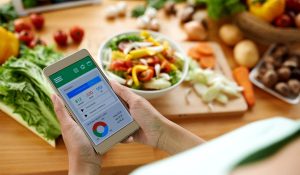
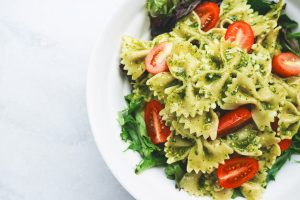
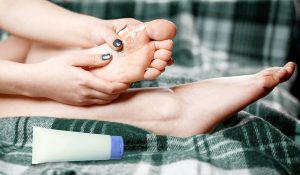
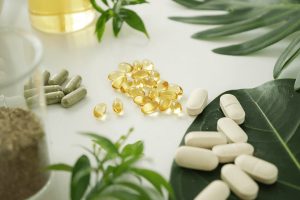
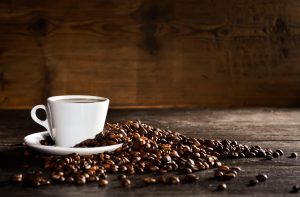
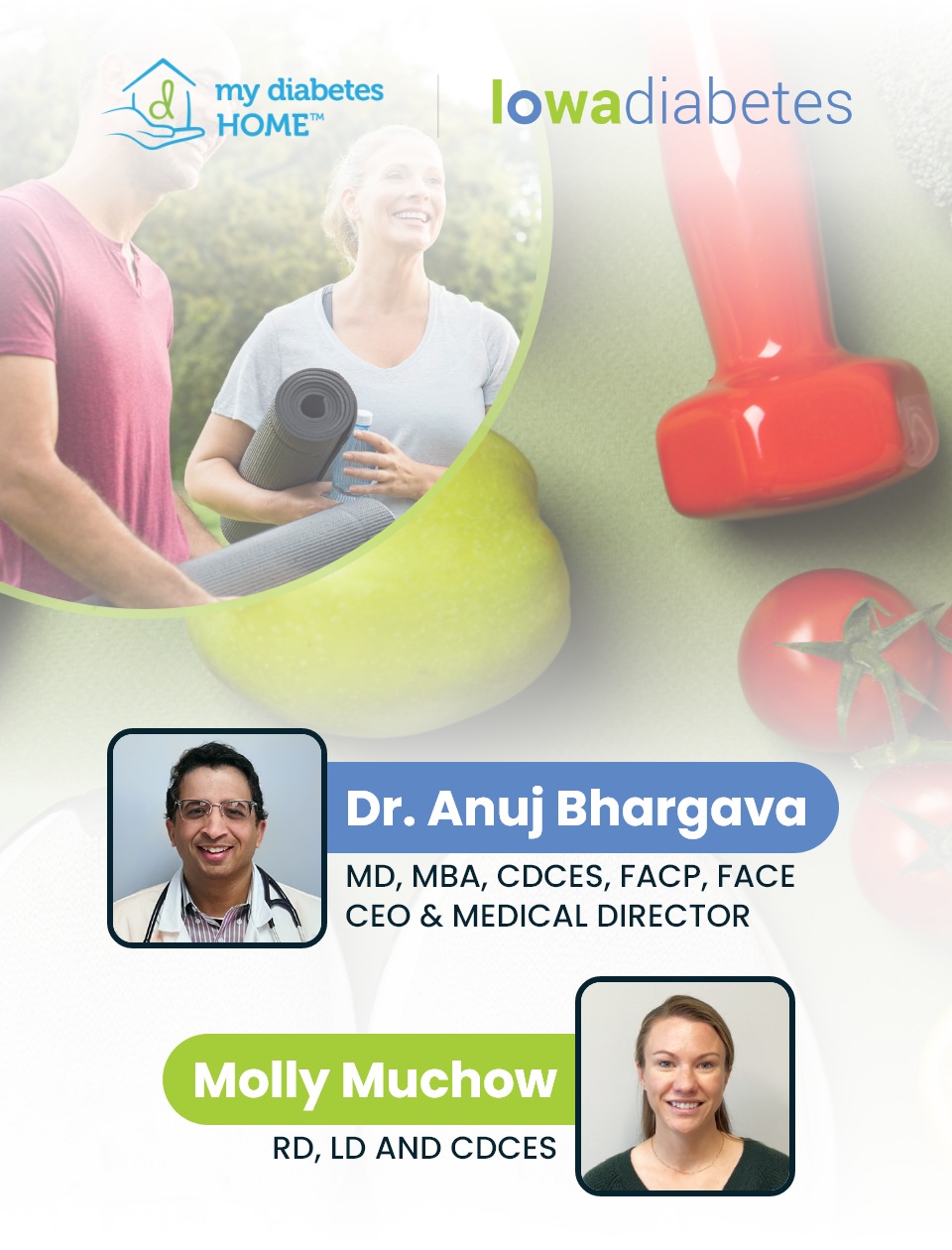
This is something I will try decaf coffee I have got to have coffee in the morning for I am an OTR driver and I’m on the road three weeks at a time in a big truck thank you for all your suggestions to get sugar under control
Hi James! Thanks for the comment. We are glad to be able to help!
What about later in the day. You didn’t speak to that. Quite a difference between no caffeine at all and none before…10, noon, breakfast,… what?
That’s a great question. Studies have shown that it only takes about 200 milligrams of caffeine to affect your blood sugar. That’s the amount in about one or two cups of brewed coffee or three or four cups of black tea. Timing is more of an individual preference.
There’s a recent study showing coffee AFTER eating has less of an effect.
Yes I was going to say, eat protein first then coffee. That helps.
How do you feel about Stevia sweeteners?
Stevia can be a good alternative to sugar and artificial sweeteners. There was actually a research study including Stevia and patients with diabetes that showed no effects on blood glucose, HbA1C, insulin and lipid levels with the use of Stevia.
What other sweeteners are like stevia?
Splenda, Truvia Swerve
I’m confused. In the study it says 2 cups of coffee are equivalent to 500 mg of caffeine, but in a reply to another commentor you said 1 to 2 cups of coffee were equivalent to 200 mg of caffeine. The commentor also asked if it matters what time a day. Is it coffee on an empty stomach that causes this problem? Or is it coffee at all, at any time of the day?
Katy,
How much caffeine is in a cup of coffee is relative to the strength of the coffee. How much coffee per water? If you like strong coffee there will be near 200 mg per cup. If you like a lighter brew there can be 50 mg per cup. The problem really is caffeine and not the time of the day. Let us know if you have more questions.
Does this research imply that caffeine consumption is a “risk factor” for developing diabetes?
JT,
Great question. No drinking caffeine does not put someone at risk for developing diabetes.
Can any credible source answer directly, does can BLACK coffee, only COFFEE (obviously sugar and creamer does, not what I am asking) CAFFEINATED, alone all by itself, raise ones blood sugar? It seems to a little bit with me, maybe 10-20 points – blood sugar with test strips I mean NOT A1C. I think it’s worth it and I love black caffeinated coffee in morning, my only “vice” and it has other benefits. I just want to get a sense if it’s the black only caffeinated coffee causing a little when I have a cup and nothing else in am and I do a before and after blood glucose test before eating. Or is it rising because of my walk, or coincidence? But a cup of coffee if I buy 12 Oz and be in my walk and drunk while walking seems to raise my glucose from 90-100 before walk to 100-120 after and I completely cool down and sit/rest before testing after walk. Make be I will try 50/50 decaf and high test if caffeine is causing it. BLACK caffeinated. My doctors and everyone can’t resist responding with comments about sugar and creamy in coffee and other sweeteners etc. not asking about any of that at all. THANKS!!!!!
Most Dr’s do not have the information they need for diabetes as it has been growing by leaps and bounds lately. There is a new kind of Dr. called a Diabetologist and they are being trained in everything diabetes but since it is so individualized it is hard for even them. Mine is also an Endocrinologist and he said h spends a LOT more time with his diabetic patients and he learned a lot of different things than he knew as an Endo. It has only recently been learned that Caffeine and also carbonation are a problem with insulin resistance. Probably because as a diabetic you are prone to have kidney problems and those are affected by caffeine and carbonation. Diabetes is a very complex ailment.
I am not a Dr or anything like that but what I get out of all of this…it’s not about coffee…it’s your caffeine intake…anything with caffeine…coffee tea soda and if you dare chocolate ect.
As a type 2 diabetic I have my caffeinenated morning cup of coffee…limit my tea and drink sprite zero soda. In the morning my sugar is higher.
In my own testing, I have concluded that plain black coffee, which I drink, raises my blood sugar levels anywhere from 20-40 points! Crazy! And when I mentioned this to my doctor, she knew NOTHING of this. smh I love my black coffee in the mornings, but fear I must find something else.
I just did a test at 10:15am ,.. I quit bullet proof coffee (add butter and MCT oil) a few weeks ago because it was raising my blood sugar levels about 30 points. Today, I tested a 109 at wake up (7am), after two large cups of coffee (Taster’s Choice Instant) I tested 139,.. so about 30 points. Black coffee with nothing but cinnamon!. So very consistent with your findings. You can’t eat or drink anything LOL 🙁
In the afternoons I can see just above 100 or even in the 90s.
Thanks for your post.
I tend to have a normal blood sugar when I rise. I have my coffee (sugar-free creamer and Stevia) before taking insulin because I’m not ready for breakfast yet. Within minutes, my reading is much higher. I’m not a fan of black unsweetened or decaf coffee. What’s the solution?
Limiting the amount of coffee to 1 to 2 cups. Just know that it will increase the sugars and adjust other food intake or activity level.
So if drinking caffeinated coffee I should take insulin to cover it? I have noticed my bs goes quite high even after drinking one cup of caffeinated coffee in the morning. It does not cause a ride in the afternoon, what about sweeteners ? They can’t possibly cause a bs increase can they?
Kathy,
Sweetners will not cause an increase in sugars. If you do notice an increase in BS with coffee, it is reasonable to cover it with insulin. I would recommend to talk with your healthcare provider as to how much to add based on the increases that you see.
Thanks for everyones input.
One thing I dont see mentioned which seems relevant to many of the questions, is the fact the blood glucose levels will rise in the morning even if you dont drink or eat anything. This is your body releasing glucose to kick starts your body.
My suggestion for most of you who wan to know the effect of any specific food or drink is to experiment. Try a week where you measure right after getting up, and then an hour later, without any food or drink. This will show you a baseline of what your particular body does in the morning regardless of your intake, so you can better isolate the responses to a specific intake.
I take caffeine pills daily because I’m always so tired. I am not a diabetic but I’m thinking that the caffeine might be contributing to my blood sugar dropping low even after I’ve eaten.
Type 1 for 20+ years. Drink black tea and a large coffee every morning with half and half and sucralose.